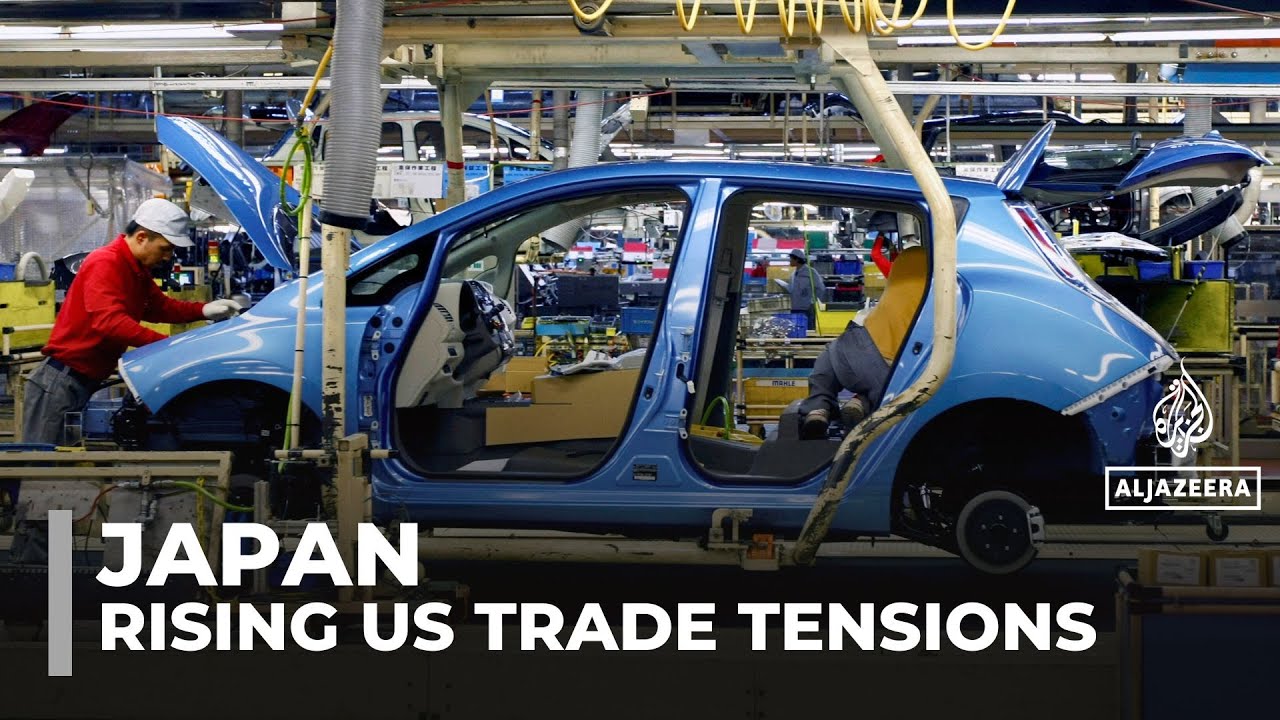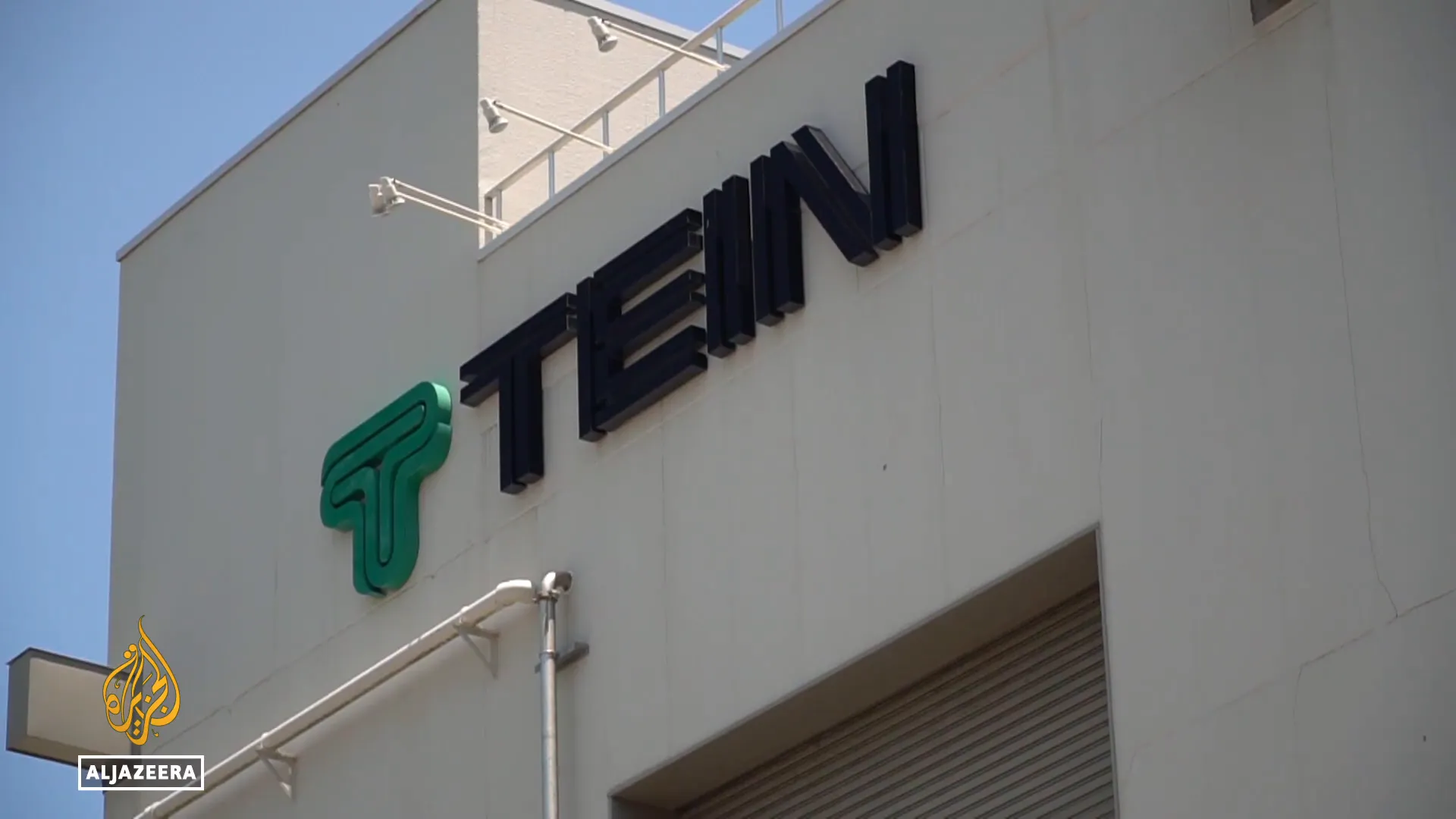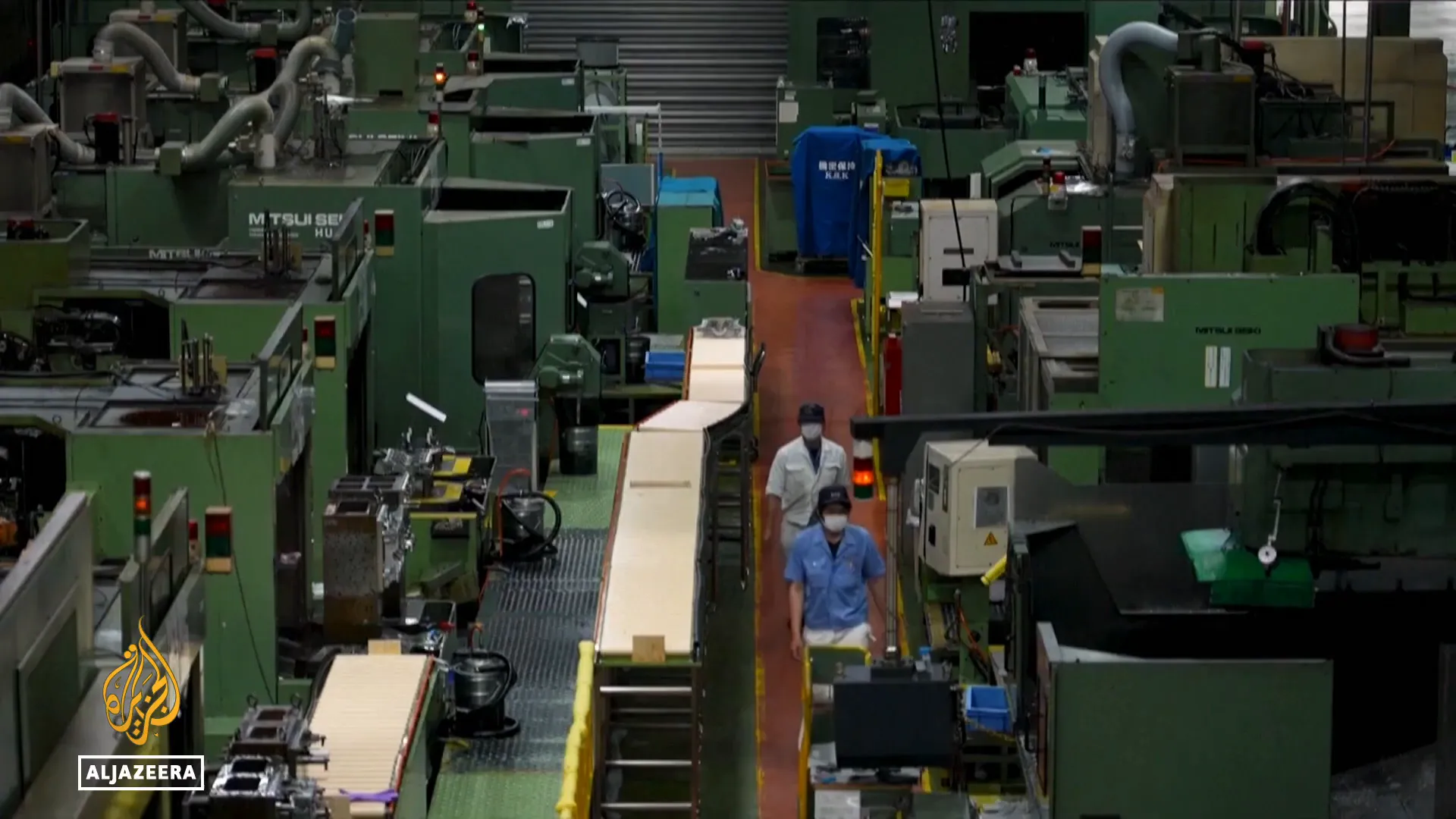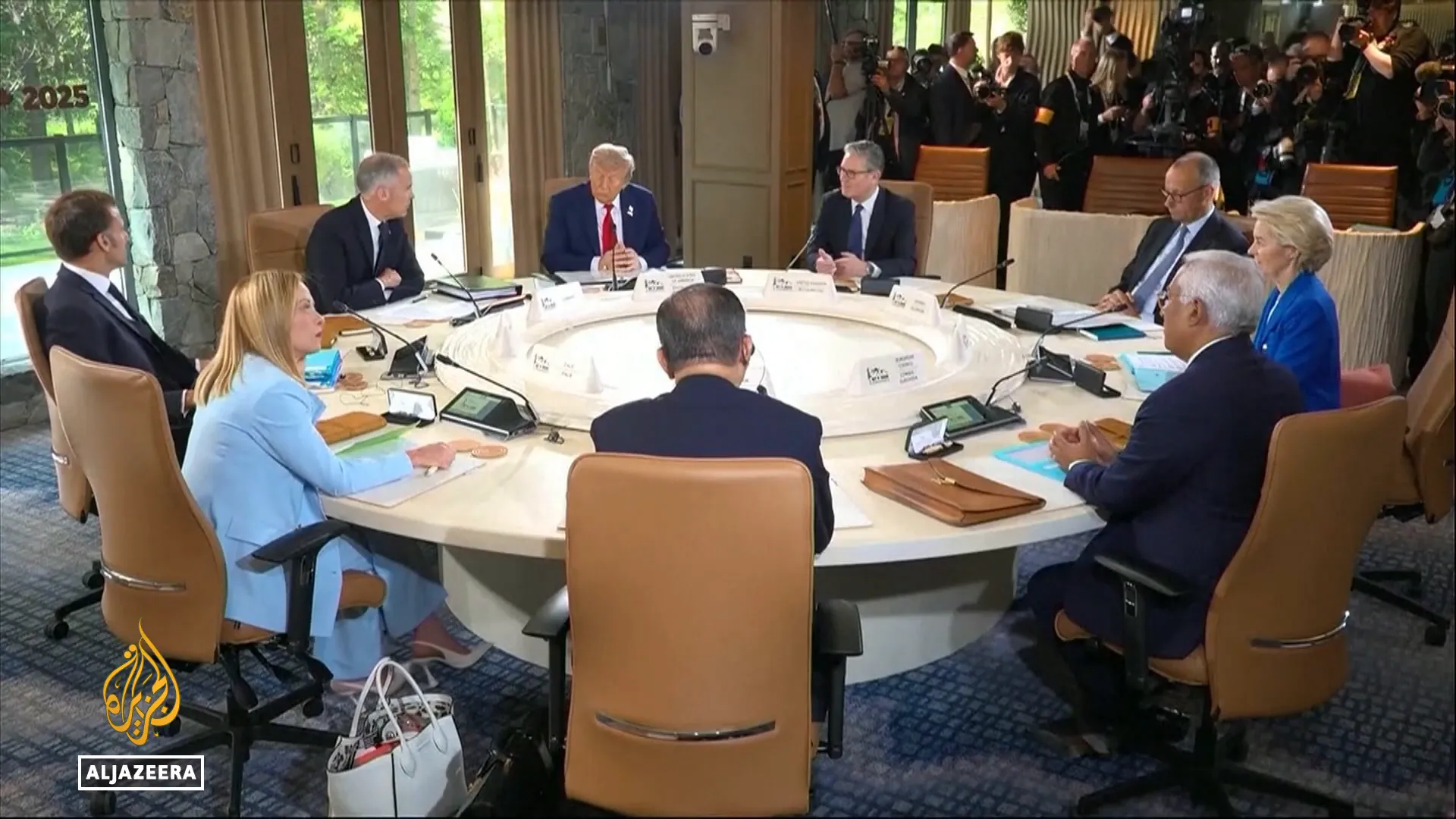Jul 3, 2025
Japan's Auto Industry Faces Uncertainty Amid US Tariff Threats

The Japanese auto industry, a cornerstone of the nation’s economy, is currently navigating a complex and shifting landscape shaped by US tariff policies. With threats of tariffs as high as 35 percent looming from Washington, many companies are caught in a state of confusion and uncertainty, unsure whether to manufacture more in Japan or China. This uncertainty comes at a precarious time as Japan's economy shows signs of recovery after years of stagnation.
Table of Contents
- The Tariff Dilemma: Shifting Production and Rising Confusion
- The Economic Stakes: Japan’s Auto Industry and National Economy
- Diplomatic Efforts and Trade Talks
- Japan’s Strategic Position and Economic Leverage
- Long-Term Implications for Asia-Pacific Relations
The Tariff Dilemma: Shifting Production and Rising Confusion
Like many companies across Japan, manufacturers that produce suspension units for cars and vans have been forced to adjust their production strategies in response to US tariffs. Some moved manufacturing from China to plants south of Tokyo to avoid the high tariffs imposed under the Trump administration.

However, with tariffs on China now reduced and the possibility of increased tariffs on Japan itself, these companies face the prospect of moving production back to China. This back-and-forth movement creates operational headaches and uncertainty about long-term planning.
One industry insider summed up the situation bluntly: “We don't know how this tariff issue is going to be settled and what the impact will be. Whether we should be manufacturing more in Japan or China, we're very confused.”
The Economic Stakes: Japan’s Auto Industry and National Economy
The stakes are high. Japan’s auto industry is a major economic pillar, employing over eight percent of the total workforce and contributing around ten percent to the country’s economic output. Any disruption caused by tariff changes could ripple across the economy, potentially triggering a recessionary impact just as economic prospects begin to brighten.

After enduring years of economic stagnation, Japan has recently seen rising wages and increased consumer spending, signaling a hopeful economic turnaround. The looming trade tensions, however, threaten to undermine this positive momentum.
Diplomatic Efforts and Trade Talks
Efforts to resolve the trade tensions have so far been inconclusive. A key meeting on the sidelines of the G7 summit in Canada between Japanese Prime Minister Shigeru Ishiba and US President Donald Trump failed to produce a breakthrough. The risk of escalating into a tit-for-tat trade war between these longtime allies remains a pressing concern.

Experts suggest Japan is unlikely to retaliate with its own import tariffs against the US, as this would further weaken its fragile economy. Instead, patience is urged for both government and businesses as they navigate these uncertain waters.
Japan’s Strategic Position and Economic Leverage
Despite the challenges, Japan holds significant leverage in these negotiations due to its economic size and its holdings of US debt. As the world’s fourth-largest economy and the largest foreign holder of US bonds, Japan wields considerable influence.
“Japan has very strong cards to play because Japan is the largest owner of US bonds,” an analyst explained. “And we all know that President Trump is very scared of bond yields going higher.”
The Japanese government remains confident that it will secure a favorable deal, though whether that deal will also benefit the United States remains an open question.
Long-Term Implications for Asia-Pacific Relations
For Japan and many other countries in Asia, the evolving trade war signals a new era of altered relations across the Pacific. Regardless of how the conflict plays out, the dynamics between the US and its Asian trading partners are unlikely to return to their previous state anytime soon.
FAQ
- Why is Japan’s auto industry particularly vulnerable to US tariffs?
Japan’s auto sector employs a significant portion of the workforce and contributes heavily to the economy, making tariff disruptions impactful on employment and overall output. - What has been the response of Japanese companies to US tariffs?
Many companies shifted production from China to Japan to avoid tariffs but face uncertainty with tariff reductions on China and potential new tariffs on Japan. - Has the Japanese government retaliated against US tariffs?
So far, Japan has shown restraint, avoiding retaliatory tariffs to prevent further economic deterioration. - How does Japan’s ownership of US bonds influence trade negotiations?
As the largest foreign holder of US debt, Japan has leverage because disruptions to US bond yields could have significant financial consequences. - What are the potential long-term effects of this trade tension?
The trade war may permanently alter economic relations across the Pacific, affecting trade policies and business strategies in Asia and beyond.